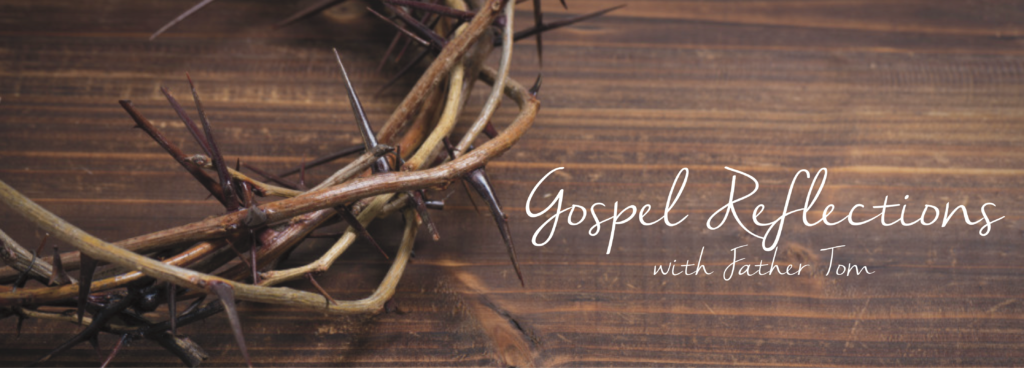
Writing about his experience in Auschwitz, Elie Wiesel said that the Germans tried to get the inmates to forget relatives and friends, to think only of themselves, and to tend only to their own needs, or else they would perish. That is what they kept telling them day and night. But Wiesel says that what happened was the opposite. Those who lived only for themselves, had less chance of surviving, while those who lived for a parent, a brother, a friend, an ideal, had a better chance of getting out alive. It was through what they gave that they survived.
Selfishness keeps us shut in, it confines us. It erects barriers, even walls between us and others. What frees us from this captivity is every deep, serious affection for others. Being friends, being brothers and sisters, love – that is what opens the prison. Love frees us from the prison of selfishness.
Love always demands the best of us, and brings out the best in us. Being loved gives one a surprising courage and energy. So also does loving. They say: love and the energy will be given to you. True love persists despite hostility and persecution. It expresses itself in service, affection, and self-sacrifice. This kind of love can be achieved only with the help of the Holy Spirit.
People tend to see the problem of love as being loved rather than being a loving person. Hence, all their efforts go into making themselves lovable through being successful, or glamorous, or powerful… And so they end up without love, for they are loved, not for themselves, but for something they possess or that they have achieved. Whereas if they became loving people, they would be loved, and loved for themselves. And in the end, all of us want to be loved for ourselves. Those who are not loved seek to be admired.
Love brings out the best in the one who loves. People are at their best and brightest when they love. They are like a glowing lamp. Love is a choice, not a feeling. But to refuse to love is to begin to die. “Love one another as I have loved you.”
